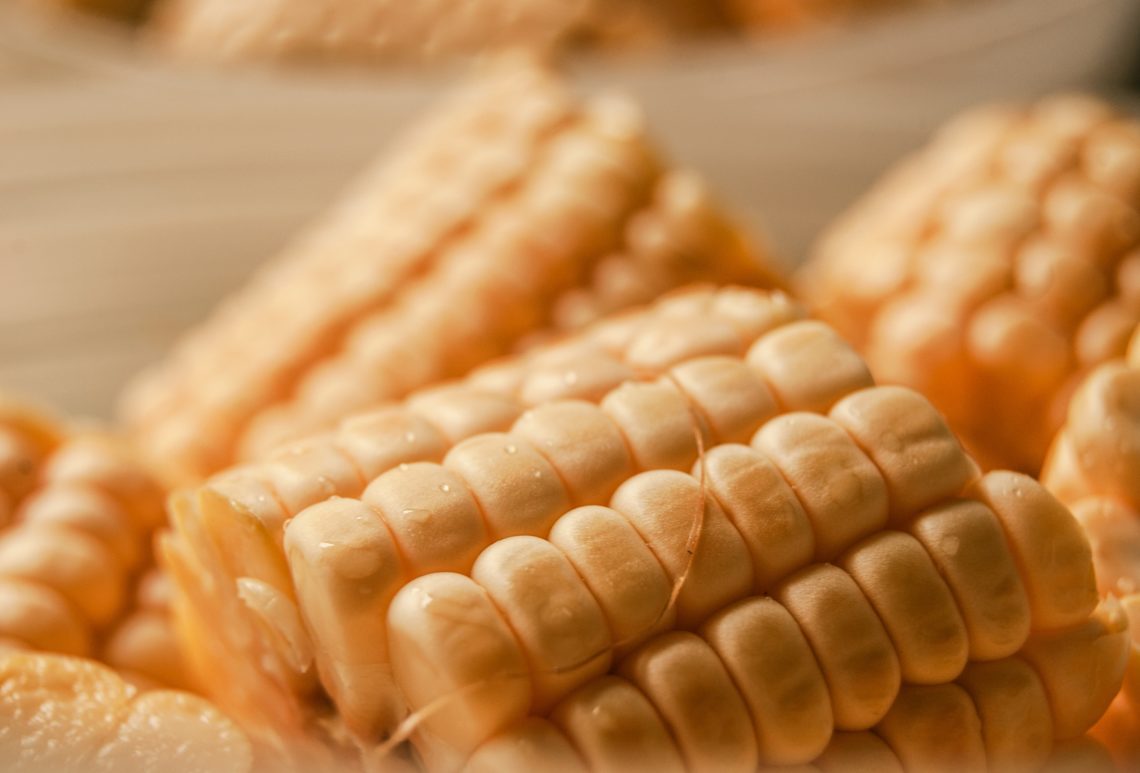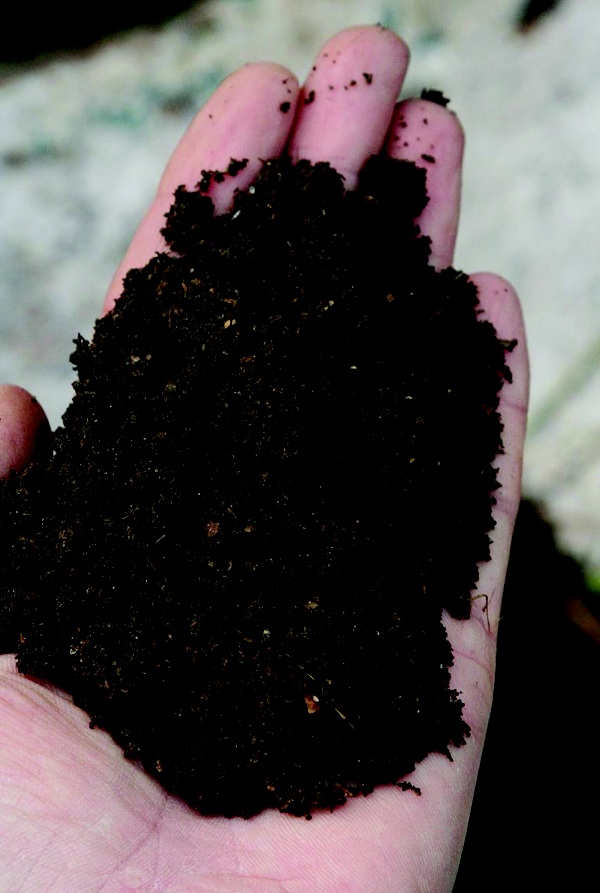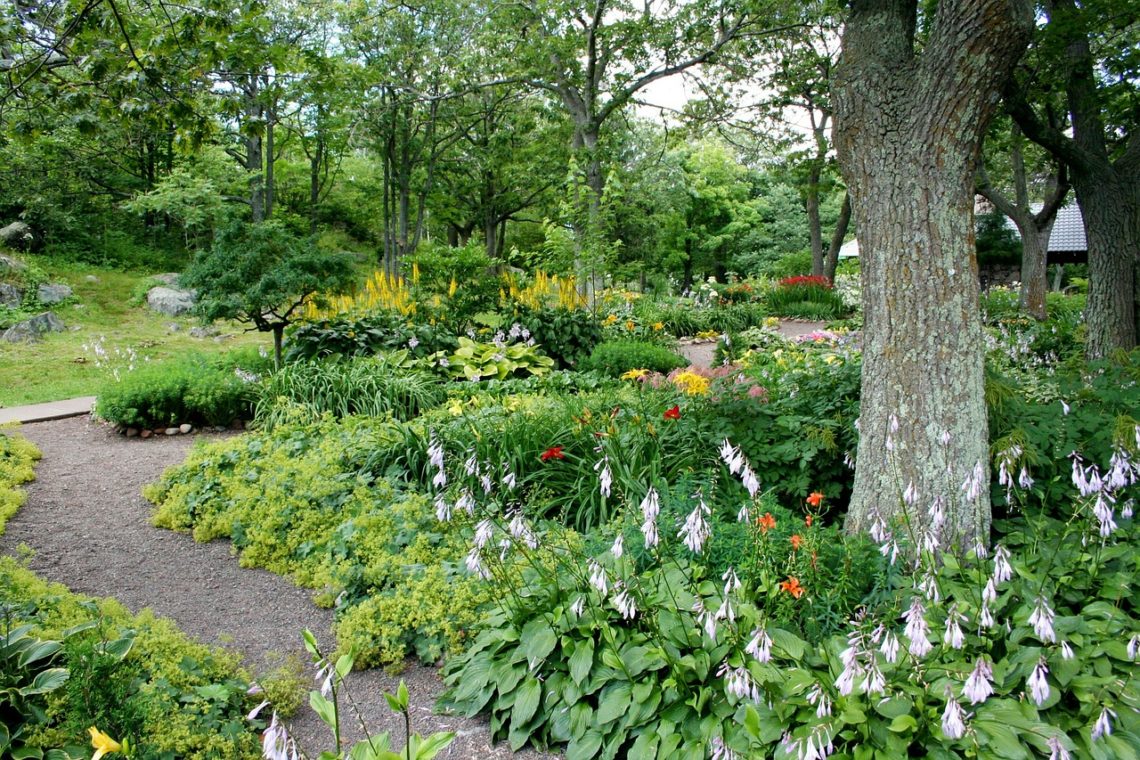Often palm oils are listed as vegetable oils, or other names, so you can’t always tell palm from the other oils.
-
-
The Safe Seed Pledge: A Contract Between Gardeners & Their Seed Suppliers
Although the science and technology behind genetic engineering was established by the late 1970s, it was not until 1980, when the government began allowing lifeforms to be patented, that corporations realized that they were sitting on a goldmine.
-
Big Money Against GMO Labeling
And So It Begins. The big money pours in against GMO labeling. This is what came in my mail on Saturday, and so I decided to take a closer look.
-
Black Soldier Flies or Me and My ‘Maggots’
I love compost. Specifically, my compost, the product of backyard alchemy. I fuss, fidget, adjust and probably take as much pride in rolling the finished product through my fingers as I do picking the vegetables that grow so healthily in my garden.
-
Top Ten Reasons to Buy From Local Growers
Shopping in large corporate grocery stores that are open 24/7 is convenient. Supporting a local agricultural economy requires more planning, commitment and thought. Here are ten powerful reasons to do so: 1. Contribute to the Local Economy Buying food from chain grocery stores depends on a large infrastructure to support a global food system that removes about 93% of food dollars from a local economy. When you buy directly from a local grower, 90% of that money is returned to the grower and stays within your local economy. 2. Empower Regional Food Access and Security Most people know the adage “don’t put all your eggs in one basket” as a…
-
SMART Composting: A Rind Is A Terrible Thing To Waste
More and more, people recognize that putting organic matter in a landfill is a waste of both money and natural resources. Organic material in a landfill decomposes anaerobically (without oxygen), releasing harmful methane. You can do your garden and the planet a good turn by turning your organic spoils into food for the earth. Composting returns elements to the soil where plants can use them and the nutrients can continue to nourish the cycle of life. It also reduces climate-changing gas emissions and is an easy, inexpensive way to enrich gardens. Compost helps a garden to thrive – improving clay soil, allowing air and moisture to penetrate the soil, and…
-
Landscaping for Wildlife
This article was published in the Summer 2008 issue of the Green Living Journal. With suburban sprawl fragmenting and reducing wildlife habitat, what we do in our yards is very important for the survival of wildlife. Suburban yards are usually stripped of most of their topsoil and little concern is given to wildlife when planning a new landscape. The typical yard has a large lawn area with a few ornamental plants providing little ecological value. By landscaping with nature we can provide some of the necessities for wildlife survival, as well as, creating an aesthetically pleasing environment for people. When designing an ecological landscape, the vertical levels should be emphasized…
-
Portland’s Urban Food Zoning Code
In June of 2012, Portland City Council made a significant step toward increasing access to healthful, affordable food for all Portlanders by adopting the Urban Food Zoning Code Update. The new regulations address community gardens, farmers markets and market gardens, as well as alternative food distribution methods such as community sponsored agriculture (CSA) and food buying clubs. Because even a small cost can be a barrier for some, this proposal has very little in the way of permit fees, land use reviews and the like. Almost all activities will be allowed outright if standards are met. This action puts Portlanders in position to take advantage of the ideas proposed by…
-
Food Waste is Fodder for Fashion in the Bio-trimmings Project
London-based Hoyan Ip, a 2012 MA Fashion graduate, observed that food waste could help offset fashion industry waste. So, she set about using discarded food to make buttons, buckles, and other garment trims. Ip says, “Fashion represents change. Bio-trimmings are unique products that act as an object to educate and make good changes towards both sustainable fashion and ethical living for the future.”
-
5 Unconventional Ways to Cut Home Utility Costs
. For the average American household, monthly utility bills represent a significant chunk of the family budget, usually 5 – 10 percent of monthly expenses. Since utilities are such a big chunk of your expenses, there are probably a number of ways that you can effectively cut your home energy costs each month. While many people may see “going green” as an additional expense, there are a number of green practices that can help you slash your monthly bills. At this point, we all know how to set the thermostat higher when we sleep or leave the house. We know that we can turn the water heater down a little…








